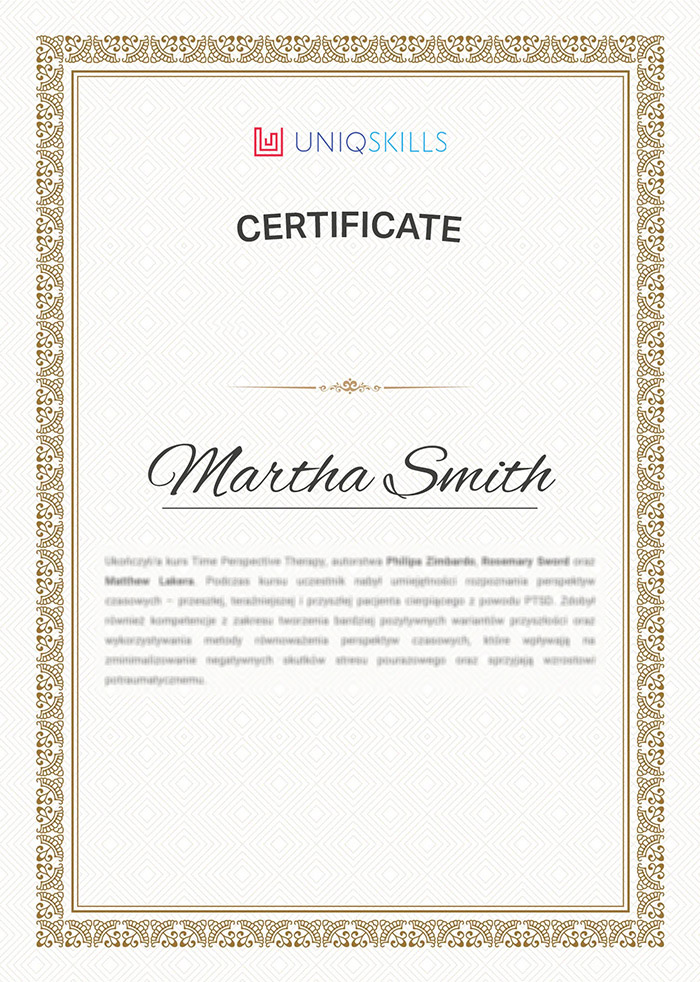
Do you know how to improve and develop skills to provide inclusive support for children in education?
During this course you will gain vital insights and perspectives to help provide more inclusive support for children with special educational needs and it will prepare you for one of the most rewarding and impactful jobs you can get: being a Teaching Assistant / classroom aide.
Support Individual Children
This course will guide you through the development of your strategy – including identyfing the gap in your school, meeting different needs and tailoring approaches, and you can prioritise high quality teaching in practise.
Special Educational Needs in Mainstream Schools, Guidance Report indicates that:

Pupils with SEND are more likely to be eligible for free school meals (28% compared to 13% of pupils without SEND), and may have lower levels of wellbeing.

Teachers should prioritise powerful strategies, like scaffolding and explicit instruction, to support their pupils with SEND.

The barriers that arise out of SEND need to be precisely identified, including any social and emotional difficulties that they face.
During the course you will learn:

How to..
.. assess the crossovers between Pupil Premium and SEN?

How to..
.. teach and make effective use of Teaching Assistances?

How to..
.. recognise the school’s role in facilitating social mobility and how can this be achieved?
Course author:

Nigel Bishop
In his role as a national trainer and consultant, as well as a qualified counsellor, former primary head teacher Nigel brings his wide experience of school-based learning and leadership to bear on a variety of current issues, notably data analysis, the Pupil Premium and learning support. His warmth and gentle humour combine with enthusiasm to revive those who learn with him, as well as equipping them to continue moving mountains.
How can schools help children with special educational needs?

Understanding SEN system in England.
In England, a child with SEN may go to a mainstream school, where there are pupils with and without SEN, or a special school, where there are only pupils with SEN. In a mainstream school, it is the responsibility of the special educational needs coordinator (SENCO) at the school to arrange extra help for those who need it. Most children with special educational needs will go to mainstream schools, and the law gives parents a right to say that they prefer this option for their child. In a special school there are only pupils with special educational needs, and they will usually have needs that are more complex.

What the Law says?
Under section 66 of the Children and Families Act 2014, mainstream schools must do everything they can to meet a child or young person’s SEN.
Under section 100 of the Children and Families Act 2014, all local authority maintained schools must make arrangements for pupils at the school with medical conditions.
What will you gain by taking part in the course?

New, current threads
During the lectures of this course you will gain vital insights and perspectives to help provide more inclusive support for children with special educational needs.

New skills
Develop skills to provide inclusive support for children in care and education. Gain practical skills to better support children with additional needs. Explore theory and legislation relating to additional needs. Identify strategies to support individual children Learn how to communication and collaborate with parents, carers and other professionals. Demonstrate knowlegde of applying ideas into everyday practice.

Practice
The course covers a range of areas related to special needs and the need for additional support. The course will increase the learners understanding of legislation related to this area and also introduce suggested practice to individuals working within special needs provision.

Availability
You will have access to all materials in a convenient form online around the clock, 24 hours a day, 7 days a week, 365 days a year, so you can learn where, how and when you want by using downloadable resources such as notes, videos, slides, factsheets, assessments and highlighted key points in each course section which are helping you to keep on track, as well as improve your results.

Certification
Once you have pass the course test and completed the course you will receive a personal document confirming participation in the course.
You will be able to download your certificate of completion from 'my panel' on the UniqSkills platform and share your new skills online with potential employers, and your professional network.
Syllabus:
|
Module 1 - SEN and the Pupil Premium – Raising Achievement |
|---|
|
Section 1 - Assesing the crossovers between Pupil Premium and SEN |
|
Section 2 -Suitable interventions for additional and complex needs |
|
Section 3 - Teaching and making effective use of TAs |
|
Section 4 - Working with parents and carers |
|
Section 5 - Cross-departmental working and support |
|
Attachments:
|
|
Summary of Module 1
|
|
Module 2 - Beyond attainment – wellbeing and social mobility |
|---|
|
Section 1 - Emotional and mental health support |
|
Section 2 - Behaviour and attendance |
|
Section 3 - Working with families and communities |
|
Section 4 - The school’s role in facilitating social mobility – how can this be achieved? |
|
Attachments:
|
|
Summary of Module 2
|
How do customers rate the course?
Order this course
THIS ADVANCED ONLINE COURSE INCLUDES:
Special Educational Needs
- 100% Online Learning
- 24/7 access to a modern platform
- Expert Trainer
- Access on mobile and tablets
- Study when and where you like
- Hours of on-demand videos
- Certificate of completion
Are you interested in making a purchase? Leave us youremail address, and we'll get back to you with anoffer!
Course Quality Guarantee ✔